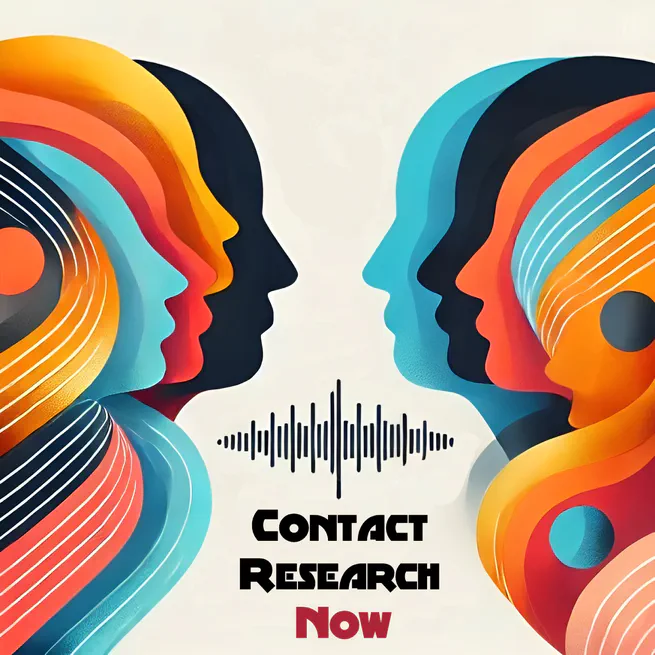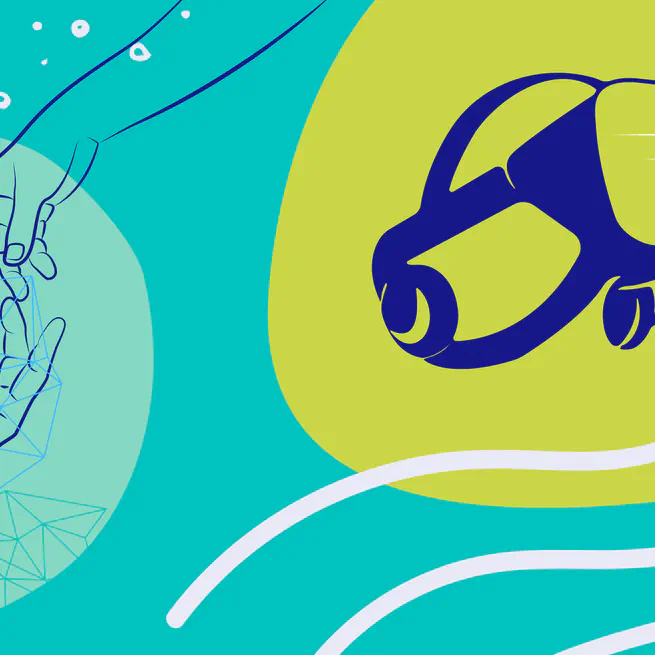
In this episode, we dive into the world of Virtual Reality and prejudice reduction. We explore whether embodying a different avatar can truly build empathy, when these immersive experiences might backfire and inadvertently increase bias, how researchers are using VR to tackle real-world problems like hiring discrimination and what the future holds for this powerful technology. The episode features Cassandra Crone and Dr Matilde Tassinari. We learned a lot from them, so we hope you enjoy the conversation as well!
Jul 3, 2025

A new study suggests that positive cooperative interactions in virtual reality (VR) can reduce prejudice not only towards the group directly involved but also extend positive attitudes to other unrelated outgroups, a phenomenon called the secondary transfer effect (STE). However, the study also indicates that competitive VR interactions may hinder this effect and that VR primarily influences explicit, rather than implicit, biases.
Nov 8, 2024

Virtual reality (VR) offers a unique immersive experience that can allow users to "step into the shoes" of stigmatized minorities, potentially fostering empathy and reducing prejudice. However, the effectiveness of VR for prejudice reduction varies, with positive emotional experiences and cooperative interactions generally leading to better outcomes, while negative emotions or competitive scenarios can sometimes backfire, highlighting the need for careful design of VR interventions.
Oct 8, 2022

Virtual Reality (VR) is increasingly used in social psychology to study and reduce prejudice, allowing users to interact with or embody avatars of different social groups. While some research shows VR's potential to foster empathy and decrease bias, results are mixed, highlighting the need for further study to ensure effective and safe interventions.
Mar 9, 2022